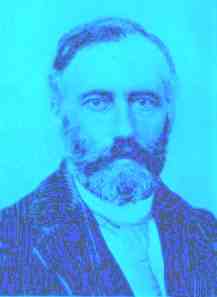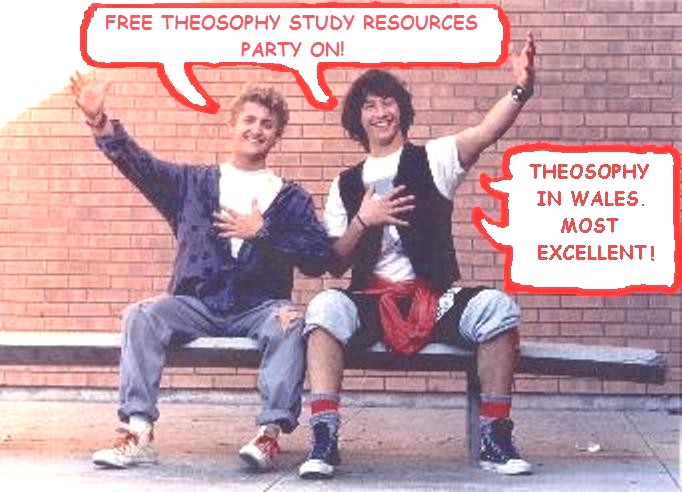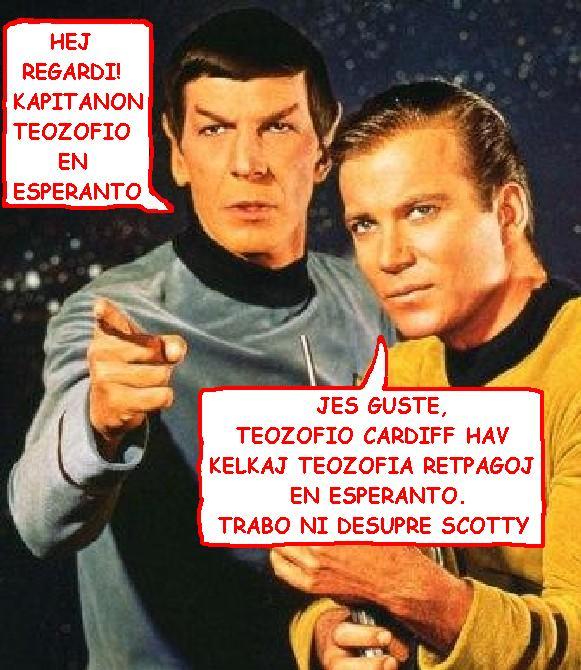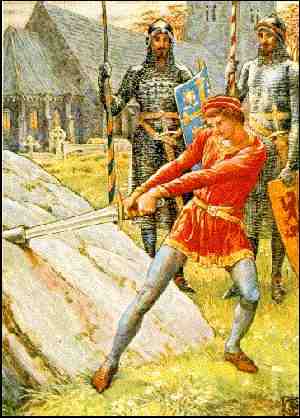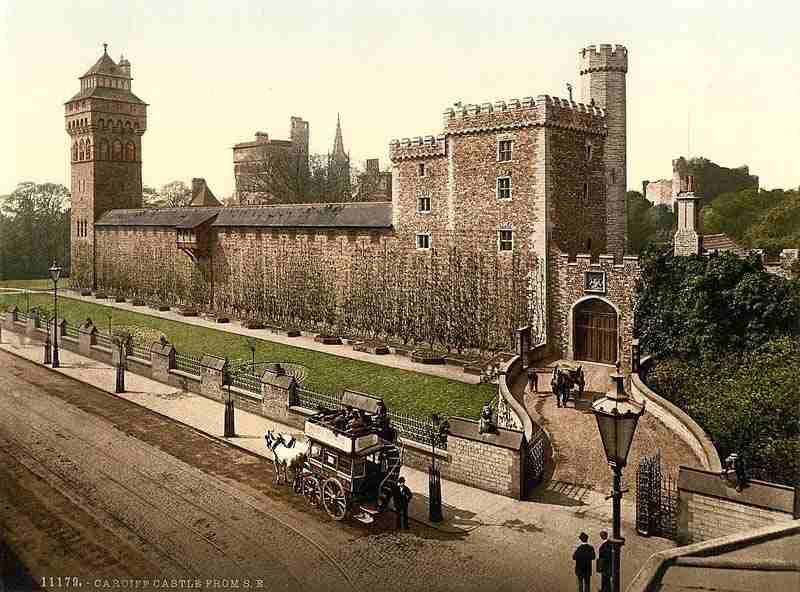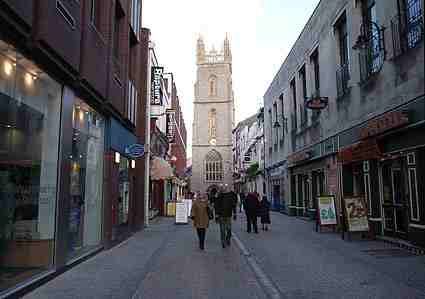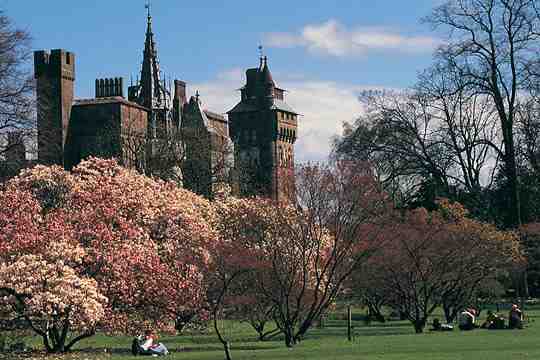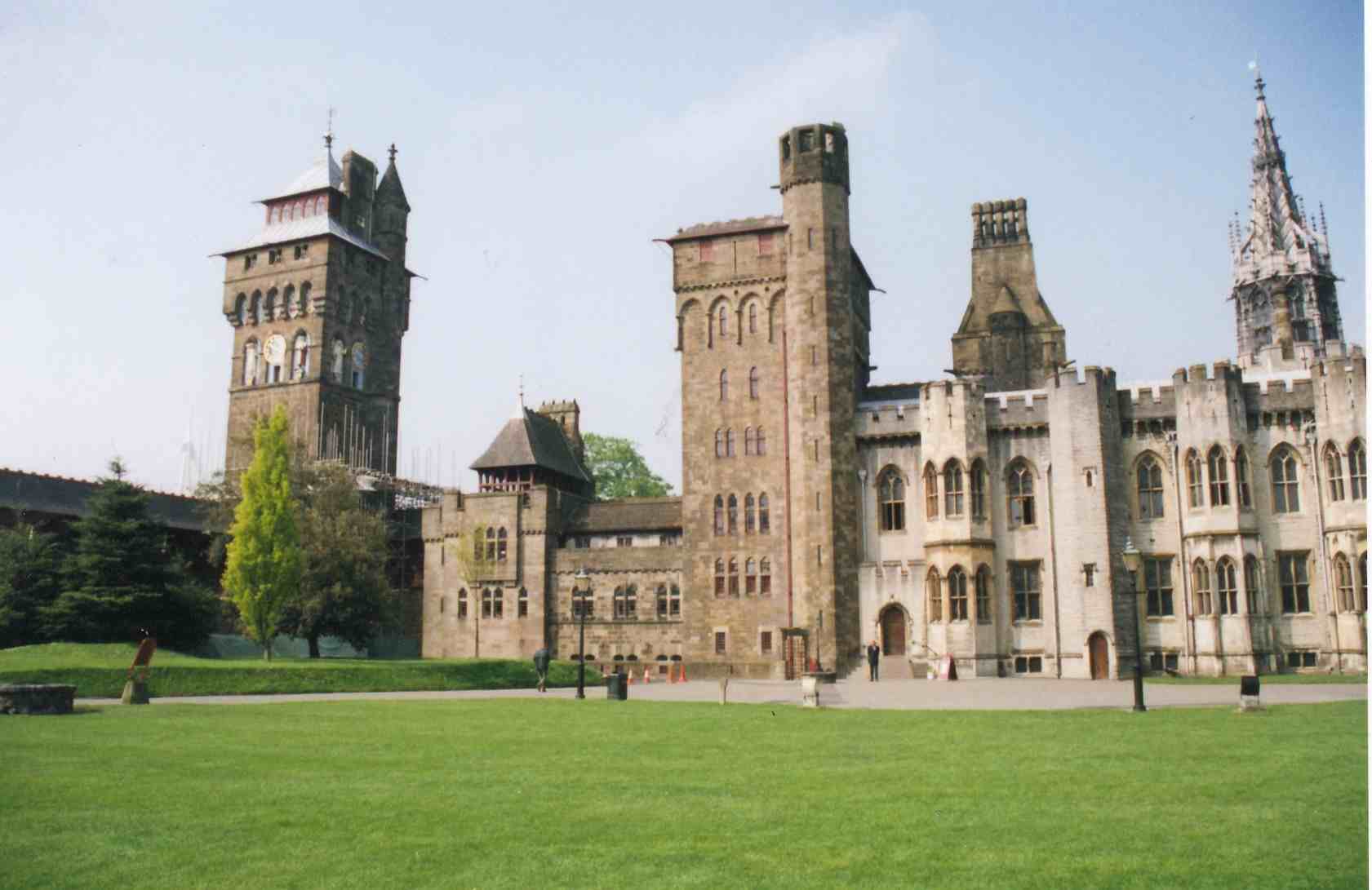THE
OF
THEOSOPHY
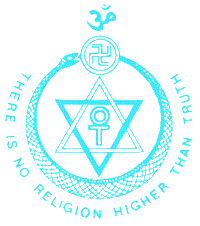
A
Definitive Work on Theosophy
By
William
Quan Judge
CHAPTER 8
Of Reincarnation
How man has
come to be the complex being that he is and why, are questions that neither
Science nor Religion makes conclusive answer to. This immortal thinker having
such vast powers and possibilities, all his because of his intimate connection
with every secret part of Nature from which he has been built up,
stands at the
top of an immense and silent evolution. He asks why Nature exists, what the
drama of life has for its aim, how that aim may be attained. But Science and
Religion both fail to give a reasonable reply. Science does not pretend to be
able to give the solution, saying that the examination of things as they are is
enough of a task; religion offers an explanation both illogical and unmeaning
and acceptable but to the bigot, as it requires us to consider the whole of
Nature as a mystery and to seek for the meaning and purpose of life with all
its sorrow in the pleasure of a God who cannot be found out. The educated and
enquiring mind knows that dogmatic religion can only give an answer invented by
man while it pretends to be from God.
What then is
the universe for, and for what final purpose is man the immortal thinker here
in evolution? It is all for the experience and emancipation of the soul, for
the purpose of raising the entire mass of manifested matter up to the
stature,
nature, and dignity of conscious god-hood. The great aim is to reach
self-consciousness; not through a race or a tribe or some flavoured nation, but
by and through the perfecting, after transformation, of the whole mass of
matter as well as what we now call soul. Nothing is or is to be left out.
The aim for
present man is his initiation into complete knowledge, and for the other
kingdoms below him that they may be raised up gradually from stage to stage to
be in time initiated also. This is evolution carried to its highest power; it
is a magnificent prospect; it makes of man a god, and gives to every part of
nature the possibility of being one day the same; there is strength and
nobility in it, for by this no man is dwarfed and belittled, for no one is so
originally sinful that he cannot rise above all sin. Treated from the
materialistic position of
Science,
evolution takes in but half of life; while the religious conception of it is a
mixture of nonsense and fear.
Present
religions keep the element of fear, and at the same time imagine that an
Almighty being can think of no other earth but this and has to govern this one
very imperfectly. But the old
theosophical
view makes the universe a vast, complete, and perfect whole.
Now the
moment we postulate a double evolution, physical and spiritual, we have at the
same time to admit that it can only be carried on by reincarnation. This is, in
fact, demonstrated by science. It is shown that the matter of the earth and of
all things physical upon it was at one time either gaseous or molten;
that it
cooled; that it altered; that from its alterations and evolutions at last were
produced all the great variety of things and beings. This, on the physical
plane, is transformation or change from one form to another.
The total
mass of matter is about the same as in the beginning of this globe, with a very
minute allowance for some star dust. Hence it must have been changed over and
over again, and thus been physically reformed and reimbodied. Of course, to be
strictly accurate, we cannot use the word reincarnation, because
"incarnate" refers to flesh. Let us say "reimbodied," and
then we see that both for matter and for man there has been a constant change
of form and this is, broadly speaking, "reincarnation." As to the
whole mass of matter, the doctrine is that it will all be raised to man's
estate when man has gone further on himself.
There is no
residuum left after man's final salvation which in a mysterious way is to be
disposed of or done away with in some remote dust-heap of nature. The true
doctrine allows for nothing like that, and at the same time is not afraid to
give the true disposition of what would seem to be a residuum. It is all worked
up into other states, for as the philosophy declares there is no inorganic
matter whatever but that every atom is alive and has the germ of
self-consciousness, it must follow that one day it will all have been changed.
Thus what is
now called human flesh is so much matter that one day was wholly mineral, later
on vegetable, and now refined into human atoms. At a point of time very far
from now the present vegetable matter will have been raised to the animal stage
and what we now use as our organic or fleshy matter will have
changed by
transformation through evolution into self-conscious thinkers, and so on up the
whole scale until the time shall come when what is now known as mineral matter
will have passed on to the human stage and out into that of thinker.
Then at the
coming on of another great period of evolution the mineral matter of that time
will be some which is now passing through its lower transformations on other
planets and in other systems of worlds. This is perhaps a "fanciful"
scheme for the men of the present day, who are so accustomed to being called
bad, sinful, weak, and utterly foolish from their birth that they fear to
believe the truth about themselves, but for the disciples of the ancient
theosophists it is not impossible or fanciful, but is logical and vast. And no
doubt it will one day be admitted by everyone when the mind of the western race
has broken away from Mosaic chronology and Mosaic ideas of men and nature.
Therefore as
to reincarnation and metempsychosis we say that they are first to be applied to
the whole cosmos and not alone to man. But as man is the most interesting
object to himself, we will consider in detail its application to him.
This is the
most ancient of doctrines and is believed in now by more human minds than the
number of those who do not hold it. The millions in the East almost all accept
it; it was taught by the Greeks; a large number of the Chinese now believe it
as their forefathers did before them; the Jews thought it was true,
and it has
not disappeared from their religion; and Jesus, who is called the founder of
Christianity, also believed and taught it. In the early Christian church it was
known and taught, and the very best of the fathers of the church believed and
promulgated it.
Christians
should remember that Jesus was a Jew who thought his mission was to Jews, for
he says in St. Matthew, "I am not sent but unto the lost sheep of the
house of Israel." He must have well known the doctrines held by them. They
all believed in reincarnation. For them Moses, Adam, Noah, Seth, and others had
returned to earth, and at the time of Jesus it was currently believed that the
old prophet Elias was yet to return. So we find, first, that Jesus never denied
the doctrine, and on various occasions assented to it, as when he said that
John the Baptist was actually the Elias of old whom the people were expecting.
All
this can be
seen by consulting St. Matthew in chapters xvii, xi, and others.
In these it
is very clear that Jesus is shown as approving the doctrine of reincarnation.
And following Jesus we find St. Paul, in Romans ix, speaking of Esau and Jacob
being actually in existence before they were born, and later such great
Christian fathers as Origen, Synesius, and others believing and teaching
the theory.
In Proverbs viii, 22, we have Solomon saying that when the earth was made he
was present, and that, long before he could have been born as Solomon, his
delights were in the habitable parts of the earth with the sons of men. St.
John the Revelator says in Revs. iii, 12, he was told in a vision which refers
to the voice of God or the voice of one speaking for God, that whosoever should
overcome would not be under the necessity of "going out" any more,
that is, would not need to be reincarnated. For five hundred years after Jesus
the
doctrine was
taught in the church until the council of Constantinople.
Then a
condemnation was passed upon a phase of the question which has been regarded by
many as against reincarnation, but if that condemnation goes against the words
of Jesus it is of no effect. It does go against him, and thus the church is in
the position of saying in effect that Jesus did not know enough to curse, as it
did, a doctrine known and taught in his day and which was brought to his notice
prominently and never condemned but in fact approved by him.
Christianity
is a Jewish religion, and this doctrine of reincarnation belongs to it
historically by succession from the Jews, and also by reason of its having been
taught by Jesus and the early fathers of the church. If there be any truthful
or logical way for the Christian church to get out of this position --
excluding, of course, dogmas of the church -- the theosophist would like to be
shown it.
Indeed, the
theosophist holds that whenever a professed Christian denies the theory he
thereby sets up his judgment against that of Jesus, who must have known more
about the matter than those who follow him. It is the anathema hurled by the
church council and the absence of the doctrine from the teaching now that have
damaged Christianity and made of all the Christian nations people who pretend
to be followers of Jesus and the law of love, but who really as nations are
followers of the Mosaic law of retaliation. For alone in reincarnation is the
answer to all the problems of life, and in it and Karma is the force that will
make men pursue in fact the ethics they have in theory. It is the aim of the
old philosophy to restore this doctrine to whatsoever religion has lost it; and
hence we call it the "lost chord of Christianity."
But who or
what is it that reincarnates? It is not the body, for that dies and
disintegrates; and but few of us would like to be chained forever to such
bodies as we now have, admitted to be infected with disease except in the case
of the savage. It is not the astral body, for, as shown, that also has its term
and must go to pieces after the physical has gone. Nor is it the passions and
desires. They, to be sure, have a very long term, because they have the power
to reproduce themselves in each life so long as we do not eradicate them. And
reincarnation provides for that, since we are given by it many opportunities of
slowly, one by one, killing off the desires and passions which mar the heavenly
picture of
the spiritual man.
It has been
shown how the passional part of us coalesces with the astral after death and
makes a seeming being that has a short life to live while it is disintegrating.
When the separation is complete between the body that has died, the astral
body, and the passions and desires -- life having begun to busy itself with
other forms -- the Higher Triad, Manas, Buddhi, and Atma, who are the real man,
immediately go into another state, and when that state, which is called
Devachan, or heaven, is over, they are attracted back to earth for reincarnation.
They are the immortal part of us; they, in fact, and no other are we. This
should be firmly grasped by the mind, for upon its clear understanding
depends the
comprehension of the entire doctrine.
What stands
in the way of the modern western man's seeing this clearly is the long training
we have all had in materialistic science and materializing religion, both of
which have made the mere physical body too prominent. The one has taught of
matter alone and the other has preached the resurrection of the body, a
doctrine against common sense, fact, logic, and testimony. But there is no
doubt that the theory of the bodily resurrection has arisen from the corruption
of the older and true teaching. Resurrection is founded on what Job says about
seeing his redeemer in his flesh, and on St. Paul's remark that the body was
raised incorruptible. But Job was an Egyptian who spoke of seeing his teacher
or initiator, who was the redeemer, and Jesus and Paul referred to the
spiritual body only. Although reincarnation is the law of nature, the complete
trinity of
Atma-Buddhi-Manas
does not yet fully incarnate in this race. They use and occupy the body by
means of the entrance of Manas, the lowest of the three, and the other two
shine upon it from above, constituting the God in Heaven. This was symbolized
in the old Jewish teaching about the Heavenly Man who stands with his head in
heaven and his feet in hell. That is, the head Atma and Buddhi are yet in
heaven, and the feet, Manas, walk in hell, which is the body and physical life.
For that reason man is not yet fully conscious, and reincarnations are needed
to at last complete the incarnation of the whole trinity in the body.
When that has
been accomplished the race will have become as gods, and the godlike trinity being
in full possession the entire mass of matter will be perfected and raised up
for the next step. This is the real meaning of "the word made flesh."
It was so grand a thing in the case of any single person, such as Jesus or
Buddha, as to be looked upon as a divine incarnation. And out of this, too,
comes the idea of the crucifixion, for Manas is thus crucified for the purpose
of raising up the thief to paradise.
It is because
the trinity is not yet incarnate in the race that life has so many mysteries,
some of which are showing themselves from day to day in all the various
experiments made on and in man.
The physician
knows not what life is nor why the body moves as it does, because the spiritual
portion is yet enshrouded in the clouds of heaven; the scientist is wandering
in the dark, confounded and confused by all that hypnotism and other strange
things bring before him, because the conscious man is out of sight on the very
top of the divine mountain, thus compelling the learned to speak of the "subconscious
mind," the "latent personality," and the like; and the priest
can give us no light at all because he denies man's god-like nature, reduces
all to the level of original sin, and puts upon our conception of God the black
mark of inability to control or manage the creation without invention of
expedients to cure supposed errors. But this old truth solves the riddle and
paints God and Nature in harmonious colors.
Reincarnation
does not mean that we go into animal forms after death, as is believed by some
Eastern peoples. "Once a man always a man" is the saying in the Great
Lodge. But it would not be too much punishment for some men were it possible to
condemn them to rebirth in brute bodies; however nature does not go by
sentiment but by law, and we, not being able to see all, cannot say that the
brutal man is brute all through his nature. And evolution having brought Manas
the Thinker and Immortal Person on to this plane, cannot send him back to the
brute which has not Manas.
By looking
into two explanations for the literal acceptation by some people in the East of
those laws of Manu which seem to teach the transmigrating into brutes, insects,
and so on, we can see how the true student of this doctrine will not fall into
the same error.
The first is,
that the various verses and books teaching such transmigration have to do with
the actual method of reincarnation, that is, with the explanation of the actual
physical processes which have to be undergone by the Ego in passing from the
unembodied to the embodied state, and also with the roads, ways, or means of
descent from the invisible to the visible plane.
This has not
yet been plainly explained in Theosophical books, because on the one hand it is
a delicate matter, and on the other the details would not as yet be received
even by Theosophists with credence, although one day they will be. And as these
details are not of the greatest importance they are not now expounded.
But as we
know that no human body is formed without the union of the sexes, and that the
germs for such production are locked up in the sexes and must come from food
which is taken into the body, it is obvious that foods have something to do
with the reincarnating of the Ego. Now if the road to reincarnation leads
through certain food and none other, it may be possible that if the Ego gets
entangled in food which will not lead to the germ of physical reproduction, a
punishment is indicated where Manu says that such and such practices will lead
to transmigration, which is then a "hindrance." I throw this out so
far for the benefit of certain theosophists who read these and whose theories
on this subject are now rather vague and in some instances based on quite other
hypotheses.
The second
explanation is, that inasmuch as nature intends us to use the matter which
comes into our body and astral body for the purpose, among others, of
benefiting the matter by the impress it gets from association with the human
Ego, if we use it so as to give it only a brutal impression it must fly back to
the animal kingdom to be absorbed there instead of being refined and kept on
the human plane. And as all the matter which the human Ego gathered to it
retains the stamp or photographic impression of the human being, the matter
transmigrates to the lower level when given an animal impress by the Ego. This
actual fact in the great chemical laboratory of nature could easily be
misconstrued by the ignorant. But the present-day students know that once Manas
the Thinker has arrived on the scene he does not return to baser forms; first,
because he does not wish to, and second, because he cannot. For just as the
blood in the body is prevented by valves from rushing back and engorging the
heart, so in this greater system of universal circulation the door is shut behind
the Thinker and prevents his retrocession. Reincarnation as a doctrine applying
to the real man does not teach transmigration into kingdoms of nature below the
human.
______________________
THE
OF
THEOSOPHY

Find out
more about
Theosophy
with these links
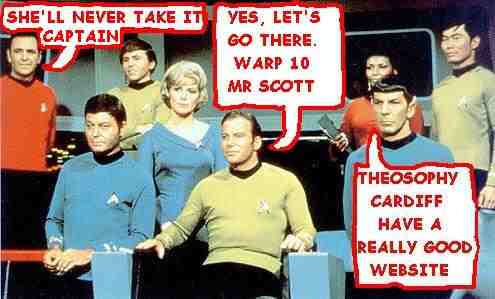
The Cardiff Theosophical Society Website
The National Wales Theosophy Website
If you
run a Theosophy Group, please feel free
to use
any of the material on this site
The Most Basic Theosophy
Website in the Universe
A quick overview of Theosophy
and the Theosophical Society
If you run a Theosophy Group you
can use this as an introductory handout.
Theosophy Cardiff’s Instant Guide
One liners and quick explanations
H P Blavatsky is
usually the only
Theosophist that
most people have ever
heard of. Let’s put
that right
Theosophy Cardiff Nirvana Pages
The Voice of the Silence Website
An Independent Theosophical Republic
Links to Free Online Theosophy
Study Resources; Courses,
Writings,
The main criteria
for the inclusion of
links on this
site is that they have some
relationship
(however tenuous) to Theosophy
and are
lightweight, amusing or entertaining.
Topics include
Quantum Theory and Socks,
Dick Dastardly and Legendary Blues Singers.
A selection of
articles on Reincarnation
Provided in
response to the large
number of
enquiries we receive at
Cardiff
Theosophical Society on this subject
The Voice of the Silence Website
This is for everyone, you don’t have to live
in Wales to make good use of this Website
The Seven Principles of Man
By
Annie Besant
No
Aardvarks were harmed in the
The Spiritual Home of Urban Theosophy
The Earth Base for Evolutionary Theosophy
Reincarnation
This guide
has been included in response
to the number
of enquiries we receive on this
subject at Cardiff Theosophical Society
From A Textbook
of Theosophy By C W Leadbeater
How We Remember our Past Lives
Life after Death & Reincarnation
The
Slaughter of the
a great
demand by the public for lectures on Reincarnation
Classic
Introductory Theosophy
Text
A
Text Book of Theosophy
By C
What Theosophy Is From the Absolute to Man
The Formation of a Solar System The Evolution of Life
The Constitution of Man After Death
Reincarnation
The Purpose of Life The Planetary Chains
The Result of Theosophical Study
The Occult World
By
Alfred Percy
Sinnett
The Occult World is an treatise on the
Occult and Occult Phenomena, presented
in
readable style, by an early giant of
the Theosophical Movement.
Preface to the American Edition Introduction
Occultism and its Adepts The Theosophical Society
First Occult Experiences Teachings of Occult Philosophy
Later Occult Phenomena Appendix
by
Annie Besant
THE PHYSICAL PLANE THE ASTRAL PLANE
KÂMALOKA THE MENTAL PLANE DEVACHAN
THE BUDDHIC AND NIRVANIC PLANES
THE THREE KINDS OF KARMA COLLECTIVE KARMA
THE LAW OF SACRIFICE MAN'S
ASCENT
______________________
Annie Besant Visits Cardiff 1924
The Theosophy Cardiff Nirvana Pages
National
Wales Centre for Theosophy
Blavatsky
Wales Theosophy Group
______________________
_______________________
Theosophy Cardiff Cancels its Affiliation
to the Adyar Based Theosophical Society
and becomes an independent body within
the Worldwide Theosophical Movement
Theosophy Birmingham (England)
The Birmingham Annie Besant Lodge
Theosophy Cardiff
has links with the
__________________
The
Theosophy Cardiff
Glastonbury
Pages
The Theosophy Cardiff Guide to
The Theosophy Cardiff Guide to
The Theosophy Cardiff Guide to
The Terraced Maze of Glastonbury Tor
Glastonbury and
Joseph of Arimathea
The Grave of King Arthur & Guinevere
Views of Glastonbury High Street
The Theosophy Cardiff Guide to
__________________
Camberley, Surrey,
England GU15 2LF
Concerns about the fate of the
wildlife as
Tekels Park is to
be Sold to a Developer
Concerns are
raised about the fate of the
wildlife as The Spiritual Retreat,
Tekels Park in
Camberley, Surrey,
England is to be
sold to a developer.
Tekels Park is a
50 acre woodland park,
purchased
for the Adyar Theosophical
In addition to
concern about the park,
many are worried about the future
of the Tekels
Park Deer as they
Confusion as the Theoversity moves out of
Tekels Park to
Southampton, Glastonbury &
Chorley in
Lancashire while the leadership claim
that the
Theosophical Society will carry on using
Tekels Park despite its sale to a developer
Anyone planning a
“Spiritual” stay at the
Tekels Park Guest
House should be aware of the sale.
Future
of Tekels Park Badgers in Doubt
Party On!
Tekels Park Theosophy NOT
Tekels Park & the Loch Ness Monster
A Satirical view
of the sale of Tekels Park
in Camberley,
Surrey to a developer
The Toff’s Guide to the Sale of Tekels Park
What the men in
top hats have to
say about the
sale of Tekels Park
__________________________
An
Outline of Theosophy
Charles
Webster Leadbeater
Theosophy - What it is How is it Known?
The Method of Observation General Principles
The Three Great Truths Advantage Gained from this Knowledge
The Deity
The Divine Scheme The Constitution of Man
The True Man
Reincarnation
The Wider Outlook
Death Man’s Past and Future Cause and Effect
______________________________
A B C D EFG H IJ KL M N OP QR S T UV WXYZ
Complete Theosophical Glossary in Plain Text Format
1.22MB
Quick Explanations
with Links to More Detailed Info
What is Theosophy ? Theosophy Defined (More Detail)
Three Fundamental Propositions Key Concepts of Theosophy
Cosmogenesis Anthropogenesis Root Races
Ascended Masters After Death States
The Seven Principles of Man Karma
Reincarnation Helena Petrovna Blavatsky
Colonel Henry Steel Olcott William Quan Judge
The Start of the Theosophical
Society
History of the Theosophical
Society
Theosophical Society Presidents
History of the Theosophical
Society in Wales
The Three Objectives of the
Theosophical Society
Explanation of the Theosophical
Society Emblem
The Theosophical Order of
Service (TOS)
Glossaries of Theosophical Terms
Index of
Searchable
Full Text
Versions of
Definitive
Theosophical
Works
H P Blavatsky’s Secret Doctrine
Isis Unveiled by H P Blavatsky
H P Blavatsky’s Esoteric Glossary
Mahatma Letters to A P Sinnett 1 - 25
A Modern Revival of Ancient Wisdom
(Selection of Articles by H P Blavatsky)
The Secret Doctrine – Volume 3
A compilation of H P Blavatsky’s
writings published after her death
Esoteric Christianity or the Lesser Mysteries
The Early Teachings of The Masters
A Collection of Fugitive Fragments
Fundamentals of the Esoteric Philosophy
Mystical,
Philosophical, Theosophical, Historical
and Scientific
Essays Selected from "The Theosophist"
Edited by George Robert Stow Mead
From Talks on the Path of Occultism - Vol. II
In the Twilight”
Series of Articles
The In the
Twilight” series appeared during
1898 in The
Theosophical Review and
from 1909-1913
in The Theosophist.
compiled from
information supplied by
her relatives
and friends and edited by A P Sinnett
Letters and
Talks on Theosophy and the Theosophical Life
Obras
Teosoficas En Espanol
Theosophische
Schriften Auf Deutsch
An Outstanding
Introduction to Theosophy
By a student of
Katherine Tingley
Elementary Theosophy Who is the Man? Body and Soul
Body, Soul and Spirit Reincarnation Karma
Guide to the
Theosophy
Wales King Arthur Pages
Arthur draws
the Sword from the Stone
The Knights of The Round Table
The Roman Amphitheatre at Caerleon,
Eamont Bridge, Nr Penrith, Cumbria, England.
Geoffrey of Monmouth
(History of the Kings of Britain)
The reliabilty of this work has long been a subject of
debate but it is the first definitive account of Arthur’s
Reign
and one which puts Arthur in a historcal context.
and his version’s political agenda
According to Geoffrey of Monmouth
The first written mention of Arthur as a heroic figure
The British leader who fought twelve battles
King Arthur’s ninth victory at
The Battle of the City of the Legion
King Arthur ambushes an advancing Saxon
army then defeats them at Liddington Castle,
Badbury, Near Swindon, Wiltshire, England.
King Arthur’s twelfth and last victory against the Saxons
Traditionally Arthur’s last battle in which he was
mortally wounded although his side went on to win
No contemporary writings or accounts of his life
but he is placed 50 to 100 years after the accepted
King Arthur period. He refers to Arthur in his inspiring
poems but the earliest written record of these dates
from over three hundred years after Taliesin’s death.
Pendragon Castle
Mallerstang Valley, Nr Kirkby Stephen,
A 12th Century Norman ruin on the site of what is
reputed to have been a stronghold of Uther Pendragon
From wise child with no
earthly father to
Megastar of Arthurian
Legend
History of the Kings of Britain
Drawn from the Stone or received from the Lady of the Lake.
Sir Thomas Malory’s Le Morte d’Arthur has both versions
with both swords called Excalibur. Other versions
5th & 6th Century Timeline of Britain
From the departure of the Romans from
Britain to the establishment of sizeable
Anglo-Saxon Kingdoms
Glossary of
Arthur’s uncle:- The puppet ruler of the Britons
controlled and eventually killed by Vortigern
Amesbury, Wiltshire, England. Circa 450CE
An alleged massacre of Celtic Nobility by the Saxons
History of the Kings of Britain
Athrwys / Arthrwys
King of Ergyng
Circa 618 - 655 CE
Latin: Artorius; English: Arthur
A warrior King born in Gwent and associated with
Caerleon, a possible Camelot. Although over 100 years
later that the accepted Arthur period, the exploits of
Athrwys may have contributed to the King Arthur Legend.
He became King of Ergyng, a kingdom between
Gwent and Brycheiniog (Brecon)
Angles under Ida seized the Celtic Kingdom of
Bernaccia in North East England in 547 CE forcing
Although much later than the accepted King Arthur
period, the events of Morgan Bulc’s 50 year campaign
to regain his kingdom may have contributed to
Old Welsh: Guorthigirn;
Anglo-Saxon: Wyrtgeorn;
Breton: Gurthiern; Modern Welsh; Gwrtheyrn;
*********************************
An earlier ruler than King Arthur and not a heroic figure.
He is credited with policies that weakened Celtic Britain
to a point from which it never recovered.
Although there are no contemporary accounts of
his rule, there is more written evidence for his
existence than of King Arthur.
How Sir Lancelot slew two giants,
From Sir Thomas Malory’s Le Morte d’Arthur
How Sir Lancelot rode disguised
in Sir Kay's harness, and how he
From Sir Thomas Malory’s Le Morte d’Arthur
How Sir Lancelot jousted against
four knights of the Round Table,
From Sir Thomas Malory’s Le Morte d’Arthur
Try
these if you are looking for a local
Theosophy
Group or Centre
UK Listing of Theosophical Groups
Cardiff
Theosophical Society in Wales
Cardiff, Wales, UK. CF24 – 1DL
Quotes
from the Writings of
Helena
Petrovna Blavatsky
The Secret Doctrine , Volume 2, Page 100
It is only by the
attractive force of the contrasts that the two opposites — Spirit and Matter — can be cemented
together on Earth, and, smelted in the fire of self-conscious experience and suffering, find
themselves wedded in Eternity.
The Secret Doctrine , Volume 2, Page 108
It is the motive,
and the motive alone, which makes any exercise of power become black, malignant, or white,
beneficent Magic. It is impossible to employ spiritual forces if there is the
slightest tinge of selfishness remaining in the operator .... The powers and
forces of animal nature can equally be used by the selfish and revengeful, as
by the unselfish and the all-forgiving; the powers and forces of spirit lend
themselves only to the perfectly pure in heart — and this is Divine Magic.
Isis Unveiled,
Volume 1, Page 36
The Secret Doctrine , Volume 3, Page 14
Even ignorance is better than
Head-learning with no Soul-wisdom to illuminate and guide it.
The Voice of the Silence, Page 43
Annotation - The Path, May, 1888
The Secret Doctrine , Proem [Volume 1], Page 35
Isis Unveiled, Volume 1, Page 210
The Secret Doctrine , Volume 1, Page 134
incarnation of his
God; and when the sense of personal responsibility will be so
Isis Unveiled,
Volume 2, Page 374
It is the motive,
and the motive alone, which makes any exercise of power become
The Secret Doctrine , Volume 2, Page 498
Isis Unveiled, Volume 1, Page 36
From strength to
strength, from the beauty and perfection of one plane to the
greater beauty and
perfection of another, with accessions of new glory, of fresh
knowledge and power
in each cycle, such is the destiny of every Ego, which thus
becomes its own
saviour in each world and incarnation.
The Key to
Theosophy, Page 105
Cardiff
Picture Gallery
Cardiff Millennium Stadium
The Hayes Cafe
Outside
Cardiff Castle Circa 1890
Church Street
Cardiff
View
Royal
The Original Norman Castle which stands inside
the Grounds of the later
Inside the Grounds at
Cardiff Street Entertainment
Cardiff Indoor Market
Cardiff Theosophical Society in Wales
